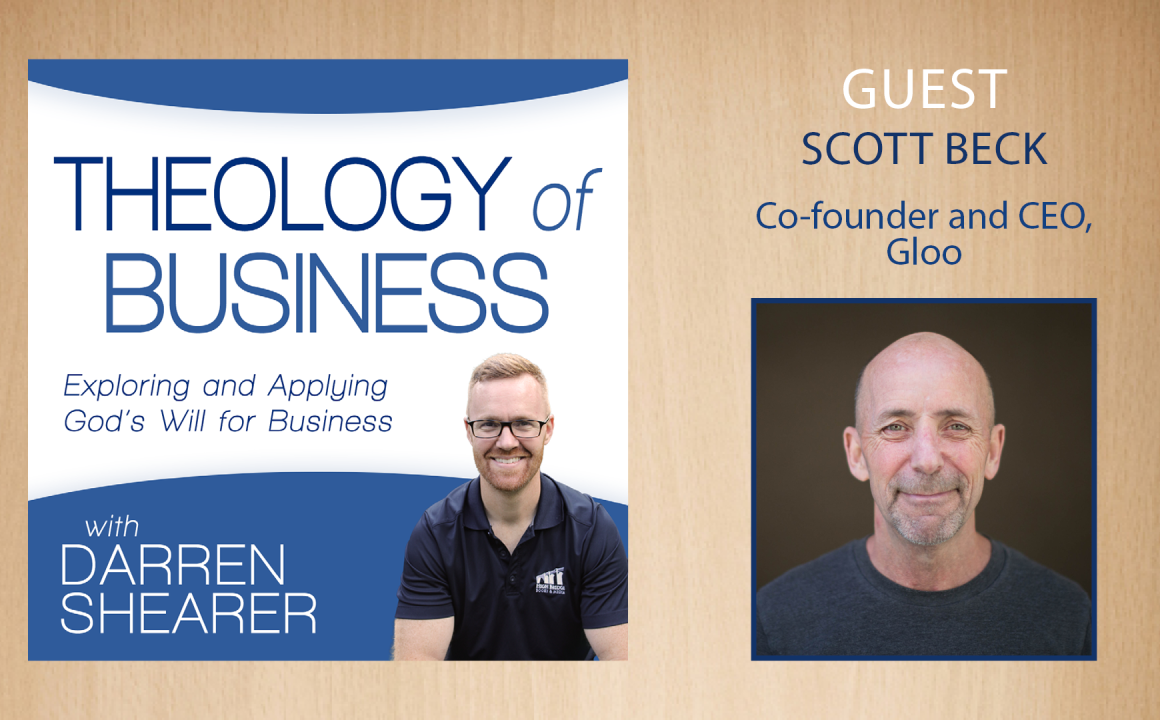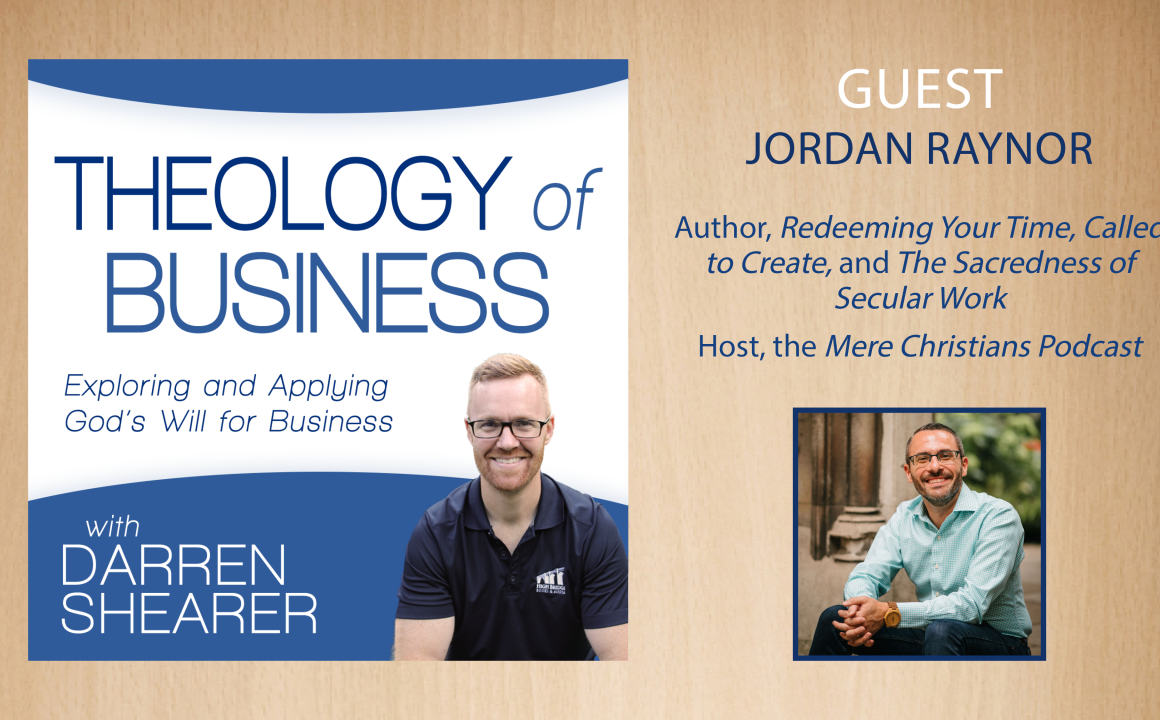Becoming Spiritually Influential at Work

 A few years ago, my friend Steve went kicking and screaming on a short-term mission trip. Three days into the journey, the team leader asked him to share his testimony at a fishing village along the river. When villagers responded to Steve’s awkward presentation of the gospel, his life made a 180. On his return, Steve’s wife, who had cajoled him into going, discovered that she got more than she had bargained for. Before the trip, Steve was like a zombie at church, and any spiritual conversation between the two of them lasted about 45 seconds tops. Now, she saw his changed life and realized that becoming a missionary wife was a distinct possibility. That had not been part of her plan.
A few years ago, my friend Steve went kicking and screaming on a short-term mission trip. Three days into the journey, the team leader asked him to share his testimony at a fishing village along the river. When villagers responded to Steve’s awkward presentation of the gospel, his life made a 180. On his return, Steve’s wife, who had cajoled him into going, discovered that she got more than she had bargained for. Before the trip, Steve was like a zombie at church, and any spiritual conversation between the two of them lasted about 45 seconds tops. Now, she saw his changed life and realized that becoming a missionary wife was a distinct possibility. That had not been part of her plan.
Steve felt a strong pull to the mission field but before quitting his job, he discovered that he couldand actually wanted to talk about spiritual things with the people with whom he worked—and they were interested to hear how experiences on his trip changed his life. It dawned on Steve that following Jesus is more about a heart change than a career change. God wanted him to be a missionary right where he was with the people at his workplace and his network of relationships.
In the first century, just as today, the workplace was the most strategic place where Christians and non-Christians interacted. That’s why Paul gives important instructions to the Colossian Christians about the spiritual influence God expected them to have at work.
Devote yourselves to prayer, being watchful and thankful. And pray for us, too, that God may open a door for our message, so that we may proclaim the mystery of Christ, for which I am in chains. Pray that I may proclaim it clearly, as I should.
Be wise in the way you act toward outsiders; make the most of every opportunity. Let your conversation be always full of grace, seasoned with salt, so that you may know how to answer everyone. (Col. 4:2-6 NIV)
Nestled in these verses are four important principles of spiritual influence that apply to every person God has called to the workplace.
1. If we want people to pay attention to our faith, we need to first pay attention to our work.
Note that actions precede speech in Paul’s instructions. There is a cause-effect relationship between how we do our work and a people’s curiosity about our faith. Just like a field needs cultivation before it can grow a crop, the human heart usually needs preparation before it receives the seed of God’s word. People need to see the authenticity of our faith demonstrated in three ways.
- Competence. Whether doing a deal or doing the dishes, changing a diaper or mucking out a barn, studying a contract or studying for an exam; if we want people to pay attention to our faith, we need to first pay attention to our work.
- Character. What makes people interested in Jesus is seeing Jesus in us. Both what we say and what we do reveal what is in our heart.
- Consideration. The familiar adage is true: People don’t care how much we know until they know how much we care. The quality of our relationships will determine the quality and quantity of our influence.
2. We are one link in the chain.
More often than not, evangelism is a long-term process that involves several people over what can seem like a long time. Think of it as organic—because faith takes time to grow. People need to see faith lived out and hear truth graciously explained to know that it is plausible before they decide if the gospel message is reliable.
The average journey to faith involves 9 to 16 individuals helping a friend or acquaintance take incremental steps that finally lead to faith in Christ and continued spiritual growth. We’re each just one link in the chain of the person’s journey to faith. And, sure, it’s great to be the last link who sees the person cross the line of faith, but an earlier link who showed him that “Gee, all Christians aren’t jerks” is just as important.
3. Before we talk to people about Jesus, we need to talk to Jesus about people.
Prayer is key to helping people move toward Christ since no one comes to the Son apart from the Father’s drawing and Holy Spirit’s conviction. And as we pray, Paul tells us to be watchful. We must be alert for how God is already at work in a person’s life, so we can pray intelligently and join him in his work.
4. Every interaction is an opportunity for spiritual influence.
First century followers of Jesus were under great persecution, which they could have easily used as an excuse to limit spiritual discussions to safe situations with other committed followers of Jesus. Thankfully, they didn’t do this.
Paul said, “Make the most of every opportunity,” which means that every interaction with the people we encounter at work is spiritually significant. But don’t think this means that we should always be angling for an opening to talk about our faith. Remember, we are to be wise as we make the most of every opportunity. We are unwise if we:
- Fail to build trust. People that trust the messenger are more likely to trust the message.
- Fail to discern where they are on their journey. We need to be sensitive to God’s timing—and not try to force our own agenda.
- Fail to speak up about our faith when given the opportunity. No one’s life is good enough to witness by his or her actions alone.
The Bottom Line
Our work is our mission field and, whether we like it or not, we are witnesses for Christ—either in positive or negative ways.
Who’s watching you? Do people see Jesus in you? If they do, get ready . . . because one day you’ll likely have the opportunity “to give an answer to everyone who asks you to give the reason for the hope that you have … with gentleness and respect” (1 Peter 3:15).
Questions for personal reflection, online discussion, or small groups:
- Have any people at work come to mind over the past few minutes—perhaps a manager or a client you would love to see come to Christ?
- Have you seen Christians who weren’t wise about the way they dealt with non-Christians? What was the result?
- Why is doing good work so important to your witness to coworkers?
- Do you see God at work in any of your coworkers’ lives?
© 2011 – 2015 Center for Faith & Work at LeTourneau University. Reprinted with permission from LeTourneau University and TheCenterForFaithAndWork.com. Article by Bill Peel.



